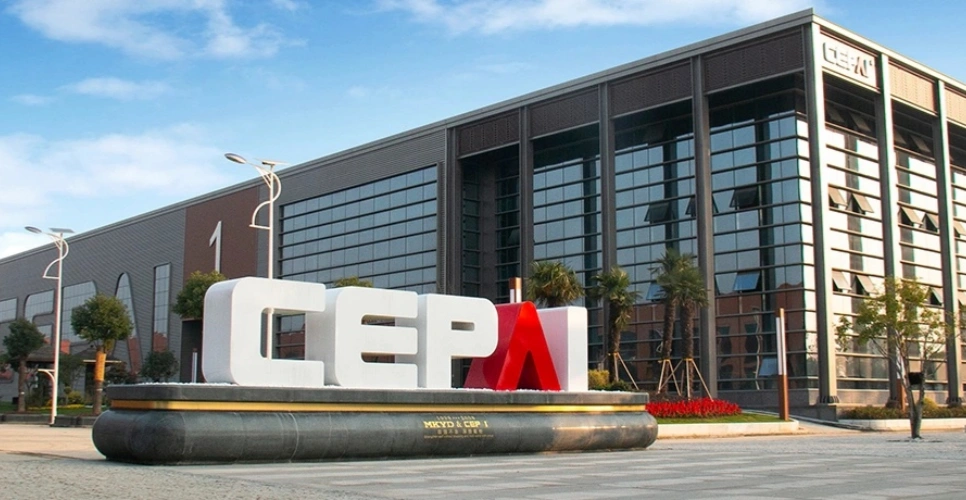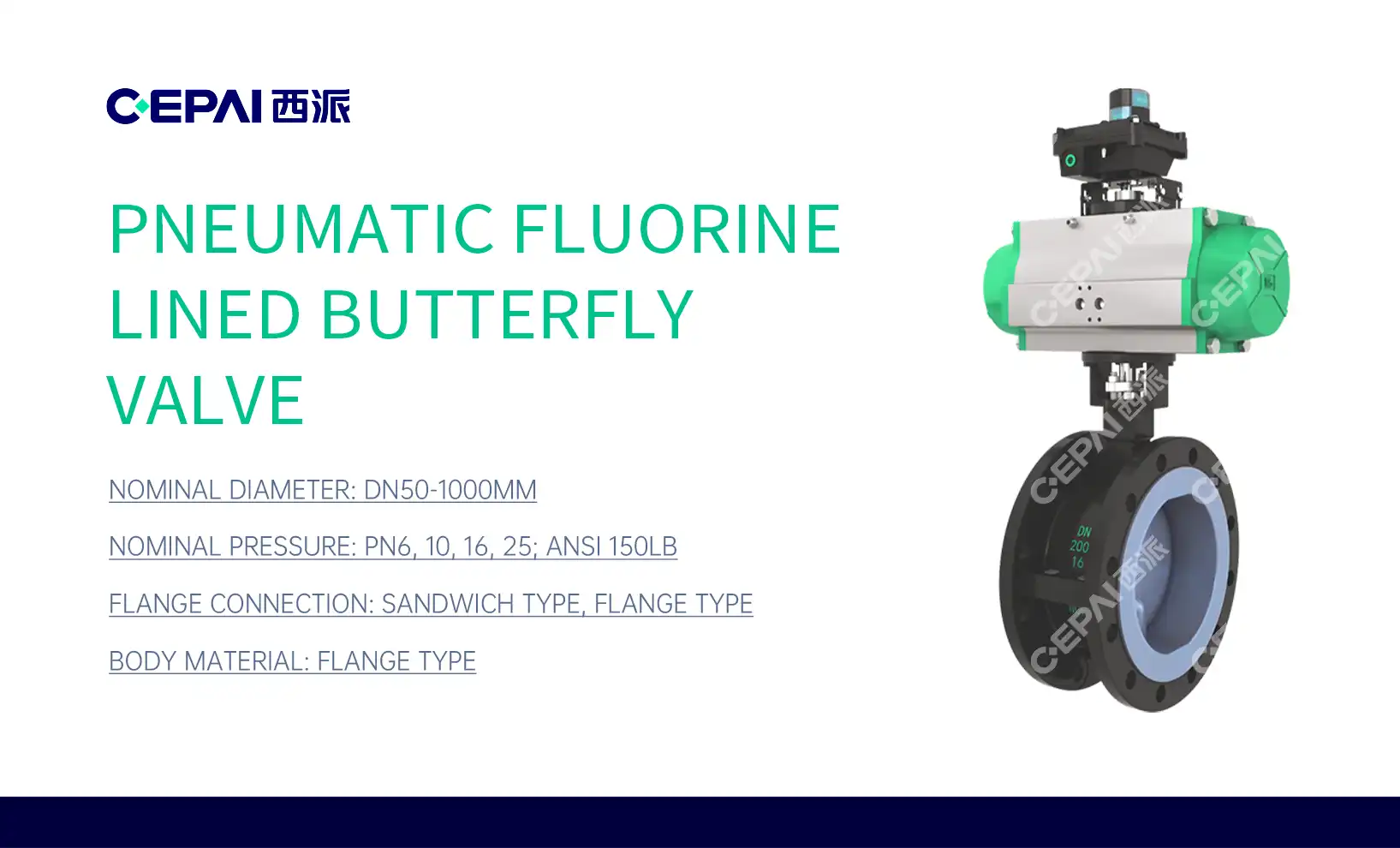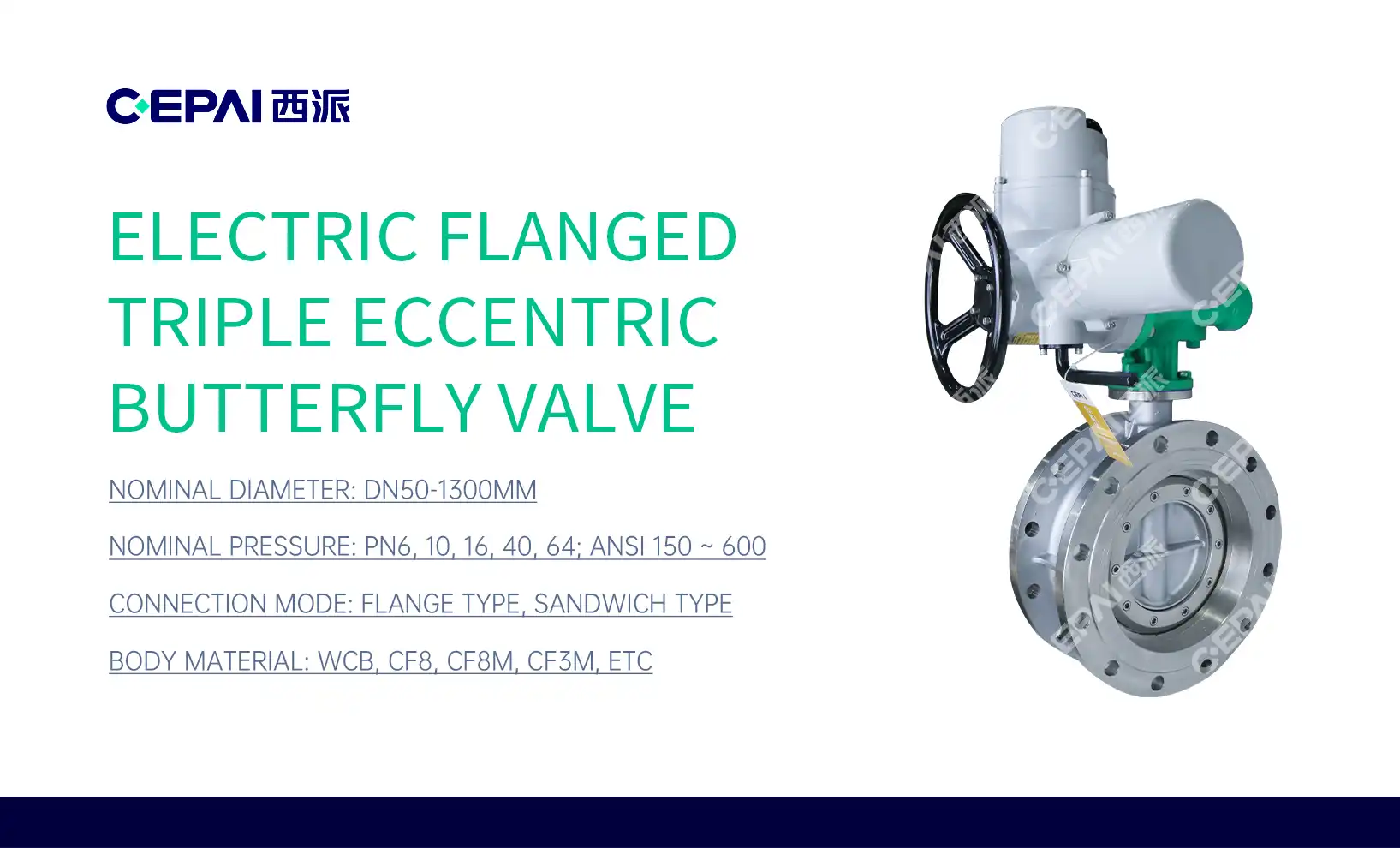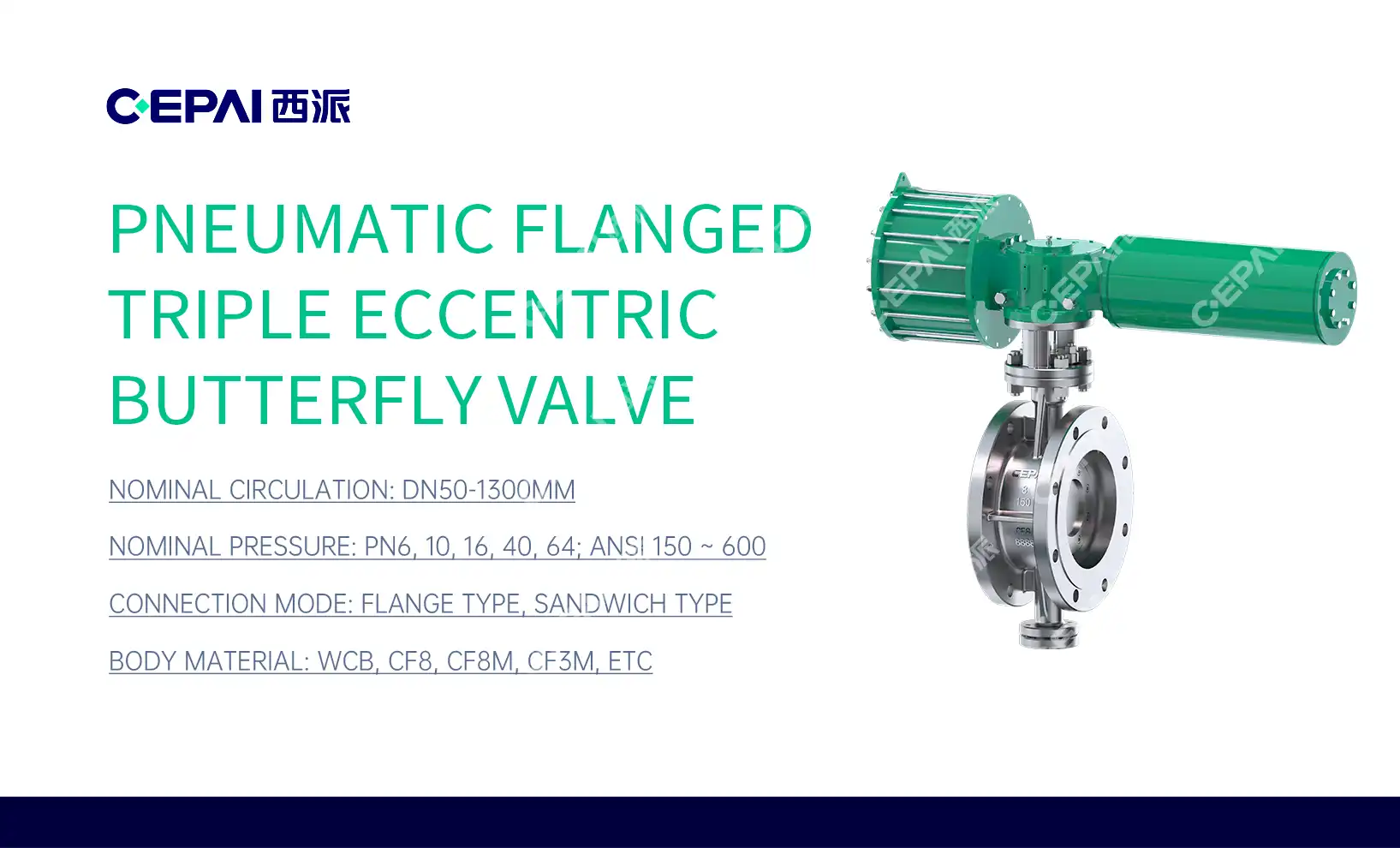Enhanced Precision and Control in Mixing Operations
Accurate Flow Regulation
Electric ball valves offer exceptional precision in regulating fluid flow within automated mixing systems. Their ability to modulate flow rates with high accuracy ensures that ingredients are added in exact proportions, critical for maintaining product quality and consistency. This level of control is particularly valuable in industries where even slight variations in mixture composition can significantly impact the final product.
Rapid Response Time
One of the key advantages of electric ball valves is their quick response time. Unlike manual valves or slower actuated alternatives, these valves can swiftly adjust to changing process conditions. This rapid responsiveness is crucial in dynamic mixing environments where real-time adjustments are necessary to maintain optimal performance and product quality.
Integration with Advanced Control Systems
Electric ball valves seamlessly integrate with modern control systems, including programmable logic controllers (PLCs) and distributed control systems (DCS). This integration allows for sophisticated automation strategies, enabling precise control over mixing processes. Operators can program complex sequences, implement feedback loops, and even incorporate predictive algorithms to optimize mixing operations continuously.
Reliability and Durability in Demanding Environments
Robust Construction for Industrial Applications
Electric ball valves are engineered to withstand the rigors of industrial environments. Constructed from durable materials such as stainless steel or specialized alloys, these valves can handle a wide range of temperatures, pressures, and corrosive substances. This robustness ensures long-term reliability, even in challenging mixing applications involving aggressive chemicals or abrasive slurries.
Minimal Maintenance Requirements
The design of electric ball valves inherently requires less maintenance compared to other valve types. With fewer moving parts and sealed components, they are less prone to wear and tear. This reduced maintenance need translates to lower downtime, decreased operational costs, and improved overall system reliability. Regular inspections and occasional lubrication are typically sufficient to keep these valves operating at peak performance.

Fail-Safe Operations
Many electric ball valves come equipped with fail-safe mechanisms, ensuring system safety in the event of power loss or control system failure. These features can be customized based on the specific requirements of the mixing process, such as fail-open or fail-close positions. This added layer of safety is crucial in preventing material waste, equipment damage, or potential hazards in critical mixing operations.
Energy Efficiency and Cost-Effectiveness
Low Power Consumption
Electric ball valves are engineered to operate with minimal energy requirements. Unlike continuously powered devices, they draw electricity primarily during actuation and consume little to none while in a fixed position. This efficiency is highly beneficial in automated mixing systems, which often involve either frequent cycle adjustments or extended periods of stability. Lower power usage directly translates into reduced utility expenses, making these valves an attractive option for industries that prioritize sustainability alongside operational efficiency.
Reduced Product Waste
The precise modulation provided by electric ball valves helps minimize common errors such as over-mixing or under-mixing. By maintaining optimal control of flow rates, they prevent raw material losses and ensure consistent product quality across production cycles. In sectors where ingredients are expensive or formulation standards are strict, this level of accuracy significantly reduces waste-related costs. Over time, the reduction in discarded product contributes not only to financial savings but also to improved sustainability in resource management practices.
Longevity and Return on Investment
Although the upfront cost of electric ball valves may be higher than traditional alternatives, their robust construction and dependable performance deliver superior long-term value. With extended service life, low maintenance needs, and consistent efficiency, they often outperform conventional valve types over years of operation. This reliability is particularly critical in automated systems where downtime directly impacts productivity. By reducing replacement frequency and maintenance interventions, electric ball valves provide an attractive return on investment for industrial applications demanding both durability and efficiency.
Conclusion
Electric ball valves have emerged as the ideal solution for automated mixing systems, offering a perfect blend of precision, reliability, and efficiency. Their ability to provide accurate flow control, coupled with rapid response times and seamless integration with advanced control systems, makes them indispensable in modern industrial processes. The robustness and low maintenance requirements of these valves ensure consistent performance in demanding environments, while their energy efficiency and contribution to waste reduction align with contemporary sustainability goals. As industries continue to evolve towards smarter, more efficient operations, electric ball valves will undoubtedly play a crucial role in shaping the future of automated mixing technologies.
FAQs
How do electric ball valves compare to manual valves in mixing systems?
Electric ball valves offer superior precision, faster response times, and automation capabilities that manual valves cannot match, making them ideal for complex mixing processes.
Are electric ball valves suitable for all types of fluids?
While electric ball valves are versatile, the specific material and design should be chosen based on the fluid properties to ensure compatibility and optimal performance.
What maintenance do electric ball valves require?
Electric ball valves generally require minimal maintenance, typically limited to periodic inspections, occasional lubrication, and ensuring electrical connections remain secure.
Experience the CEPAI Difference in Electric Ball Valve Technology
CEPAI Group leads the industry with cutting-edge electric ball valve solutions, leveraging our state-of-the-art intelligent manufacturing facility. Our high-precision production line, the longest in the Asia Pacific region, ensures unparalleled quality and consistency. As a trusted manufacturer and innovator, we offer tailored electric ball valves designed to optimize your automated mixing systems. Experience the CEPAI advantage – contact us at cepai@cepai.com to elevate your industrial processes today.

References
Johnson, R. (2022). Advancements in Electric Valve Technology for Industrial Mixing Applications. Journal of Process Control, 45(3), 178-192.
Smith, A., & Brown, B. (2021). Comparative Analysis of Valve Types in Automated Mixing Systems. Chemical Engineering Progress, 117(8), 55-63.
Lee, C. H. (2023). Energy Efficiency in Industrial Valve Operations: A Case Study on Electric Ball Valves. Energy & Fuels, 37(2), 1456-1470.
Garcia, M., & Wilson, T. (2020). Integration of Smart Valves in Industry 4.0 Mixing Processes. Automation & Control Engineering, 28(4), 302-315.
Patel, S. (2022). Reliability and Maintenance Strategies for Electric Actuated Valves in Harsh Environments. Reliability Engineering & System Safety, 215, 107791.
Zhang, Y., & Thompson, K. (2023). Cost-Benefit Analysis of Advanced Valve Technologies in Modern Manufacturing. International Journal of Production Economics, 246, 108401.





